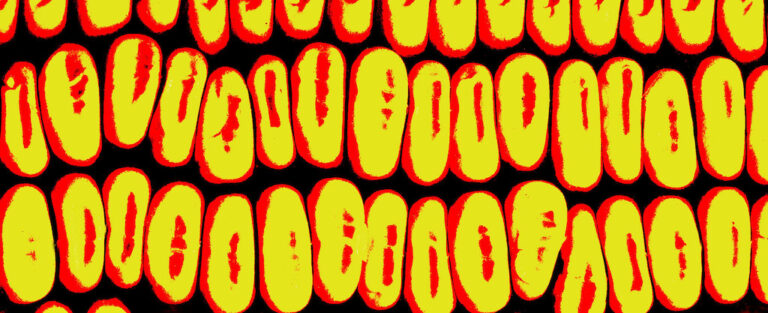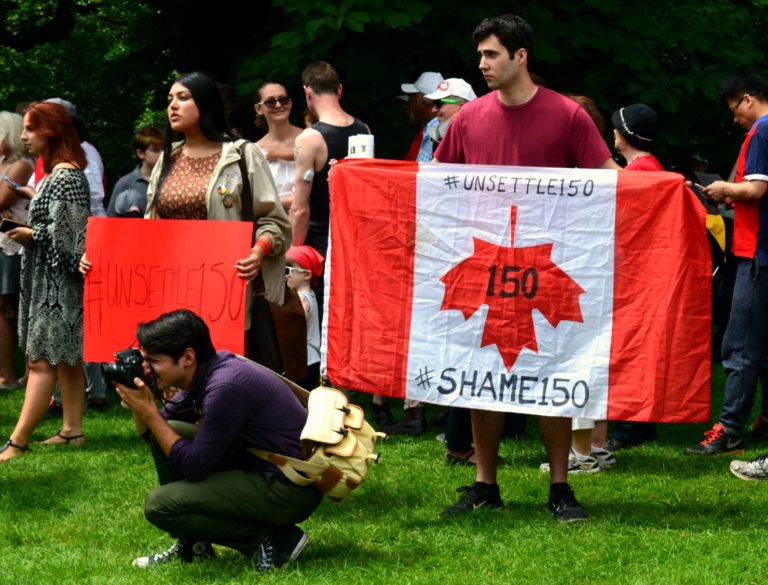A. Naomi Paik’s Bans, Walls, Raids, Sanctuary responds to a trio of executive orders on immigration policy issued in the early days of Donald Trump’s presidency. Those orders sought to make good on campaign promises to further restrict immigration by banning citizens from Muslim-majority countries, allocating funds to expand a border wall between the US and Mexico, and ramping up home and workplace deportation raids by Immigration and Customs Enforcement (ICE). Paik delineates how these legal barriers came to be by locating them in relation to the nation’s formative immigration policies, backlash to the liberation movements of the 1960s and 1970s, and the global repercussions of neoliberalism. Highlighting the work of Indigenous activists, Paik eventually calls not only for the dramatic restructuring of the nation’s immigration system but also for the creation of a more just society based on relationships that reject the politics of inclusion and exclusion.
Keyword: Muslims
Webs of Relationships: Pedagogies of Citizenship and Modalities of Settlement for “Muslims” in Canada
Immigrants to Canada must pass a set of pedagogical gate-keeping exercises that compel settler socio-spatial relations to allow them to come into the fort of the nation-state as neoliberal multicultural subjects. Bringing together Sunera Thobani’s concept of exalting the white subject and Sherene Razack’s theorizations on Muslim eviction from Western politics, I argue that those racialized as Muslim are positioned as perpetual immigrants, compelled to exalt whiteness or be evicted. Caught between an unresolved tension of settler spatial relations to nation and Indigenous spatial relations to Land, I examine what decolonial subject positions are available for “Muslims” using the Canadian citizenship study guide and oath as focal points. I foreground an Indigenous analytic and my Arab lived experience to do a contrapuntal reading of the social construction of Canada in the study guide and trace how the relationships to nation espoused in the manual are incommensurable with the relationships to Land fundamental to Indigenous worldviews. Throughout the paper, I draw on the experience of Masuma Khan, who was censured by her university and the public when she advocated that Canada 150 be remembered as Indigenous genocide rather than a celebration of nationhood, to unpack how racialization colonizes and colonization racializes.

